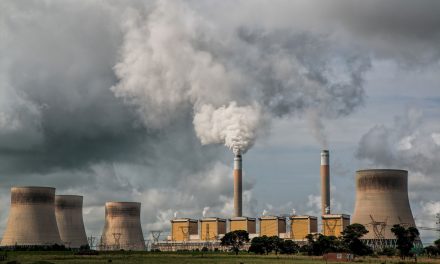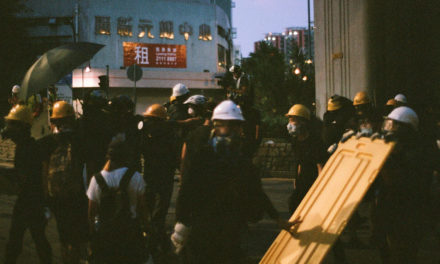On Tuesday, Lebanon’s capital city Beirut was the scene of a massive explosion that has killed at least 100 people and left 4,000 others injured.
The intensity of the explosion led to the destruction of many homes and buildings in the vicinity, with reports of windows shattering miles away. The blast could be felt 150 miles away in the island of Cyprus which residents believed to be an earthquake.
A search and rescue mission is underway to locate more than 100 missing people.
While the cause of the explosion is still vague, Lebanon’s President Michel Aoun has stated that it was due to 2,750 tonnes of ammonium nitrate that had been left unsecured for six years without safety measures. The chemical compound can be found in fertilisers for agriculture or in bombs. President Aoun has called for an emergency cabinet meeting and has said that a state of emergency will be called for two weeks.
The Port of Beirut is an important location for the people of Lebanon. The port is the main point of entry where wheat and medical supplies are delivered. Many are concerned that the explosion has rendered it useless. As Lebanon imports most of its food, and large quantities of grain were stored at the port destroyed in the blast, the possibility of further food insecurity may be likely.
Read More: Riots Erupt in Lebanon
Challenging Period for Lebanon
Before the explosion, the country was already simultaneously dealing with multiple crises. Lebanon has been witnessing an economic catastrophe that has led to a steadily collapsing currency. This has contributed to the prices of simple goods, like bread, increasing exponentially.
There are many factors that have led to the economic instability across the nation including political turmoil and corruption. Citizens of Lebanon have been dealing with daily power cuts, dangerous drinking water and a crumbling health sector. Anti-government protests have also emerged in recent months as citizens took to the streets to protest rising hunger and poverty, flouting social distancing guidelines out of desperation.
The situation has been made even more dire by COVID-19 which has overwhelmed hospitals. Now, poorly funded hospitals must also tend to the thousands injured in the explosion.
In addition to economic and political instability, there is tension at the border with Israel who has recently stopped an attempt to infiltrate territory by Hezbollah – a Shia Islamist organisation. A senior official told BBC that it had no connection the Beirut incident.
- This Artist is Making the Underwater Arena His Canvas - 28th April 2021
- A Video Game that Promotes Peace and Conflict Resolution - 15th March 2021
- Netflix’s ‘Living Undocumented’ is a Difficult Series to Watch, and Exactly Why We Should - 9th March 2021






